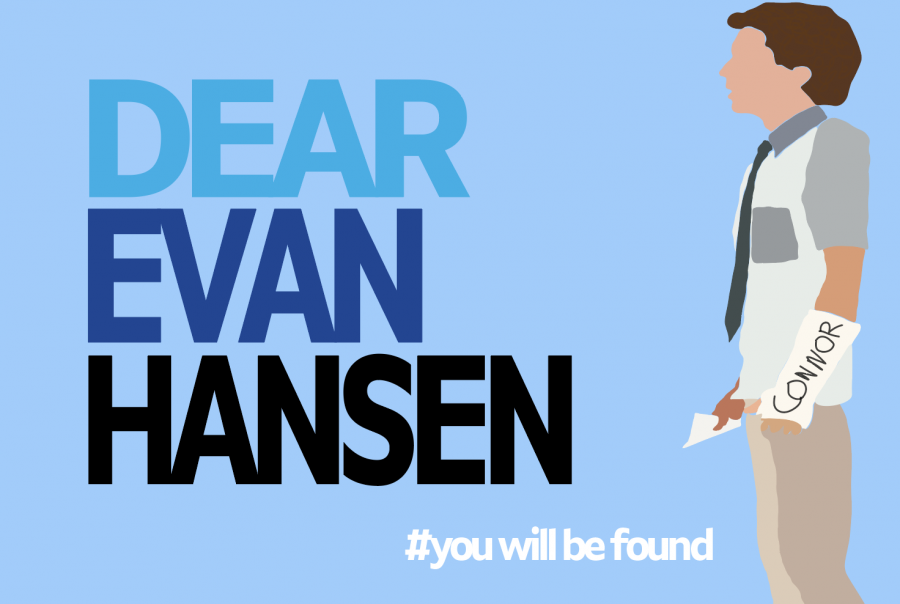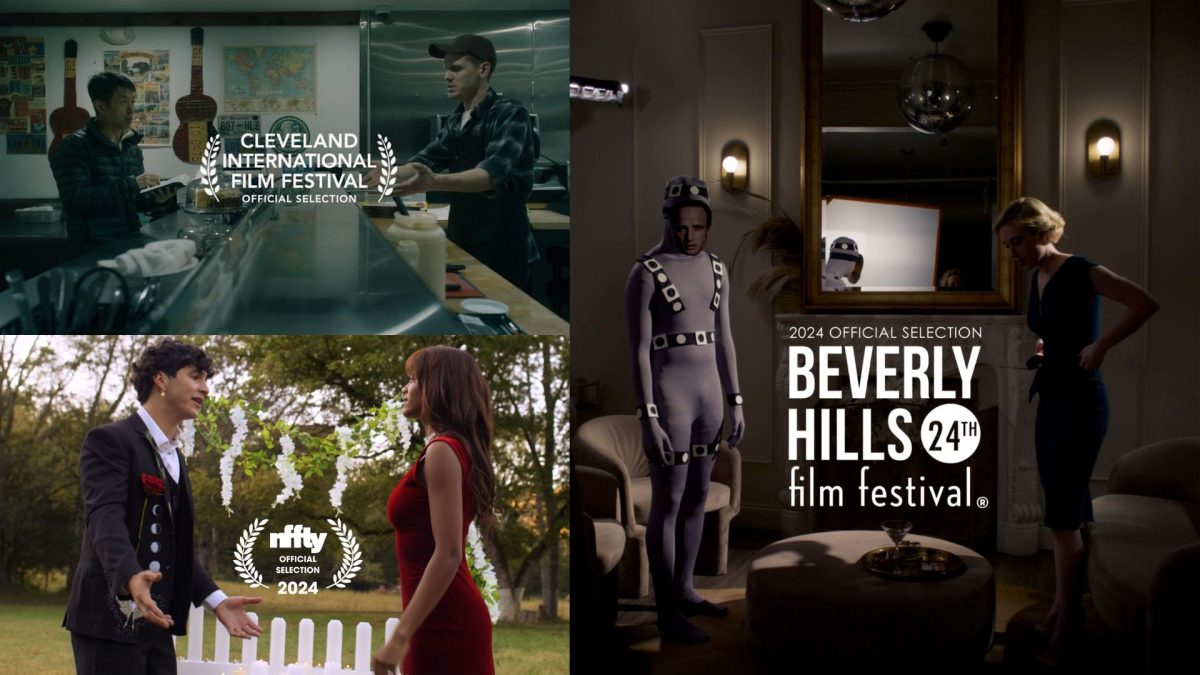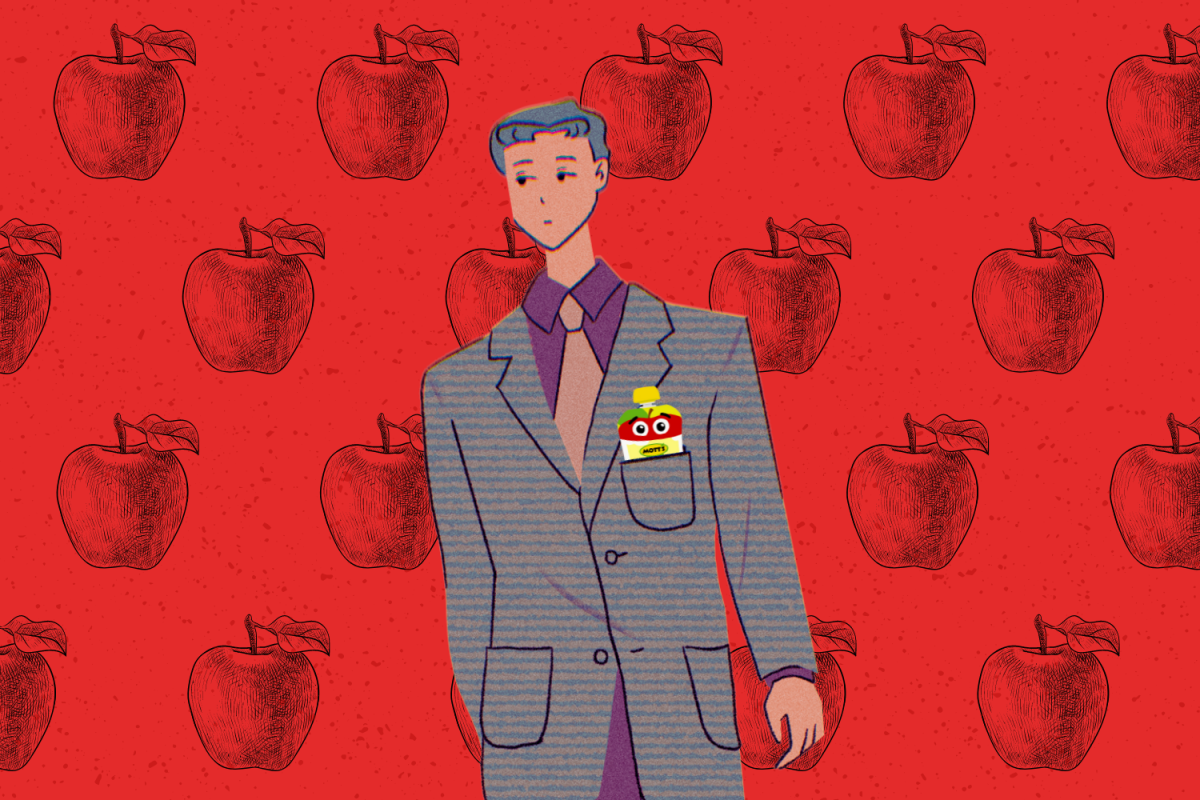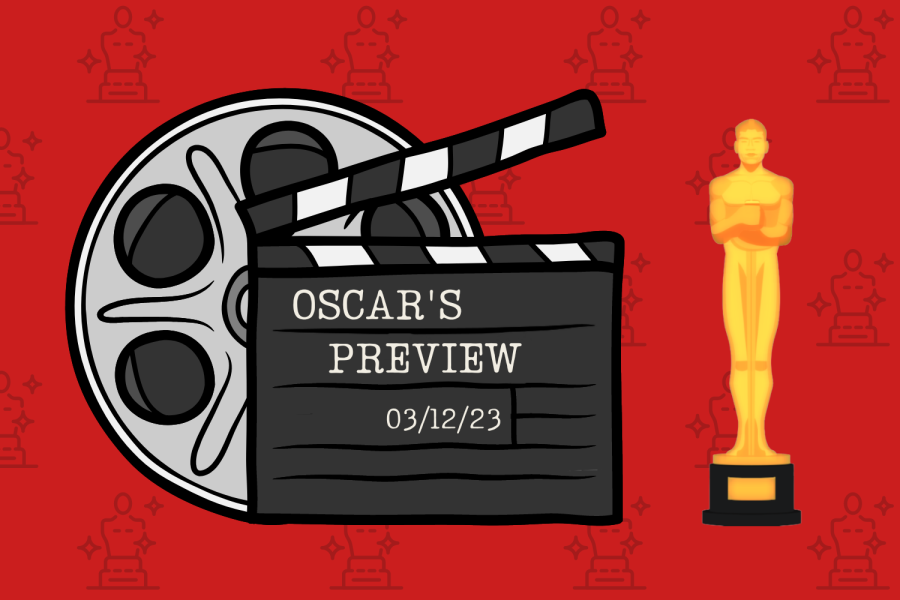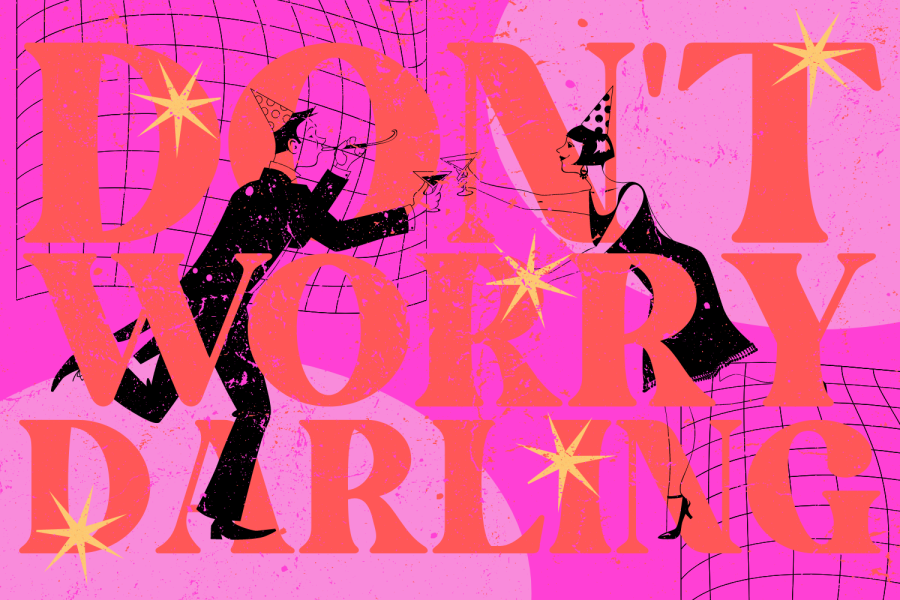Editor’s Note: “Dear Evan Hansen” contains themes pertaining to suicide.
There’s something magical about seeing Ben Platt on Broadway. His incredible vocals give you goosebumps and he makes you feel so deeply that you find yourself sniffling amidst an audience full of runny noses and teary eyes.
Unfortunately, Platt’s charm simply did not translate onto the big screen in the movie adaptation of “Dear Evan Hansen.” Directed by Stephen Chbosky, this film absolutely flopped. It failed to maintain a paced plot and didn’t properly develop the beloved characters that have so much depth on stage. To be fair, it didn’t help that I had such high expectations for this movie—the song “Waving Through a Window” is constantly blasting from my Alexa—but regardless, I feel like Chbosky had to know that “Dear Evan Hansen” fans were expecting only the best, and he did not deliver.
“Dear Evan Hansen” follows a troubled high school boy named Evan (Ben Platt), who is mistaken to be his classmate Connor’s (Colton Ryan) best friend after the boy commits suicide. Evan goes along with this misjudgment, fabricating an entire story about his close bond to Connor, which gives him purpose and allows him to get close with Connor’s parents (Amy Adams and Danny Pino) and sister, Zoe (Kaitlyn Denver), who Evan has been crushing on. In essence, Connor’s death gives Evan a reason to live. The story ends with Evan confessing his lies: a year after this entire debacle he meets with Zoe to apologize for all the hurt he caused her and her family. She forgives Evan, and the audience gets the sense that he finally accepts himself for who he is.
Unfortunately, this complicated plot line remains largely undeveloped in the movie, and the characters are made rather unlikeable. On screen, it’s difficult to feel sympathy for Evan; first, Platt makes Evan look like a bizarre man-child. At 27 years old, Platt is visibly a grown adult, so watching him walk through high school hallways and pretend to be an anxious teen is honestly kind of disturbing. Also, unlike in the Broadway show in which I felt for Evan, the movie fails to make Evan relatable enough to garner that same emotional connection. I left the theater feeling a disgust for his character rather than a sadness for his struggles and admiration for his eventual honesty.
Even more significantly, the movie’s coverage of mental health feels irresponsible. This is, after all, a storyline that revolves around the tumultuous journey that comes with dealing with mental health issues—something much of the nation struggles with. And yet, the movie’s depiction of mental health is both inaccurate and troubling. After the film comes to a close, a suicide hotline number flashes across the screen which, in the case of the movie, feels inappropriate. The film is much cheerier than the Broadway play, and because its plot is far less developed, the audience is left with less of an understanding of Evan’s character and his personal mental health struggle—thus, the ending feels out of place.
Furthermore, there is a scene in the film—which is not part of the musical—that feels inauthentic and problematic, where Evan finds a recording of Connor singing during a group therapy session and decides to share it with his classmates. No one films things in group therapy and this is not something that a character who is supposed to redeem himself would do. Here, Chbosky either didn’t do his research or chose to ignore it. Either way, this makes the movie’s supposed message of bringing awareness to mental health feel even further inauthentic because of this scene.
I really wish I could endorse the “Dear Evan Hansen“ film. Trust me, I’m just as disappointed as any other Broadway fan, but I’d recommend saving yourself the $12 and Uber to the movie theater. It’s a bold statement, but I honestly wish I hadn’t seen it so that my memory of the incredible play could remain unspoiled.











